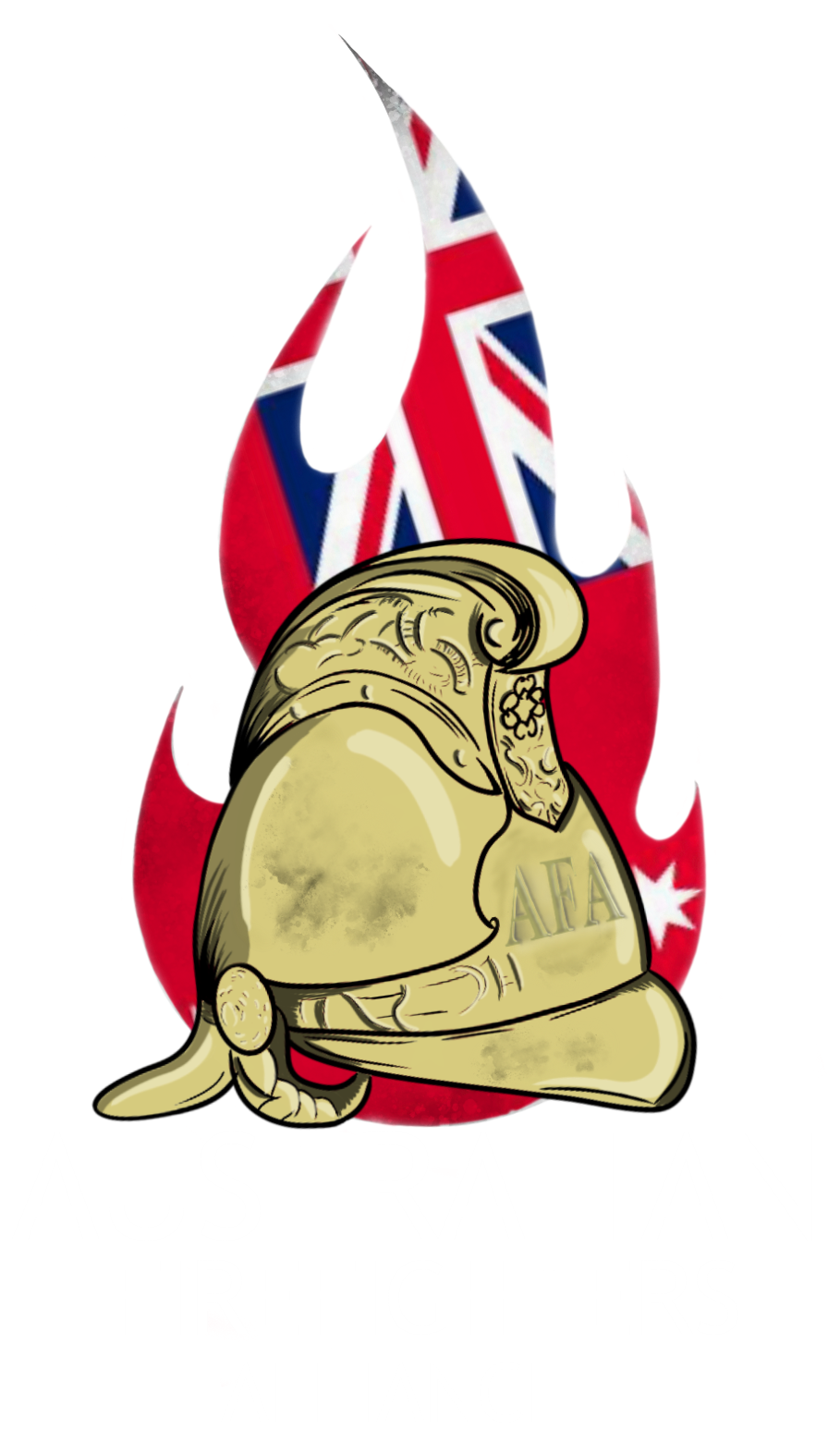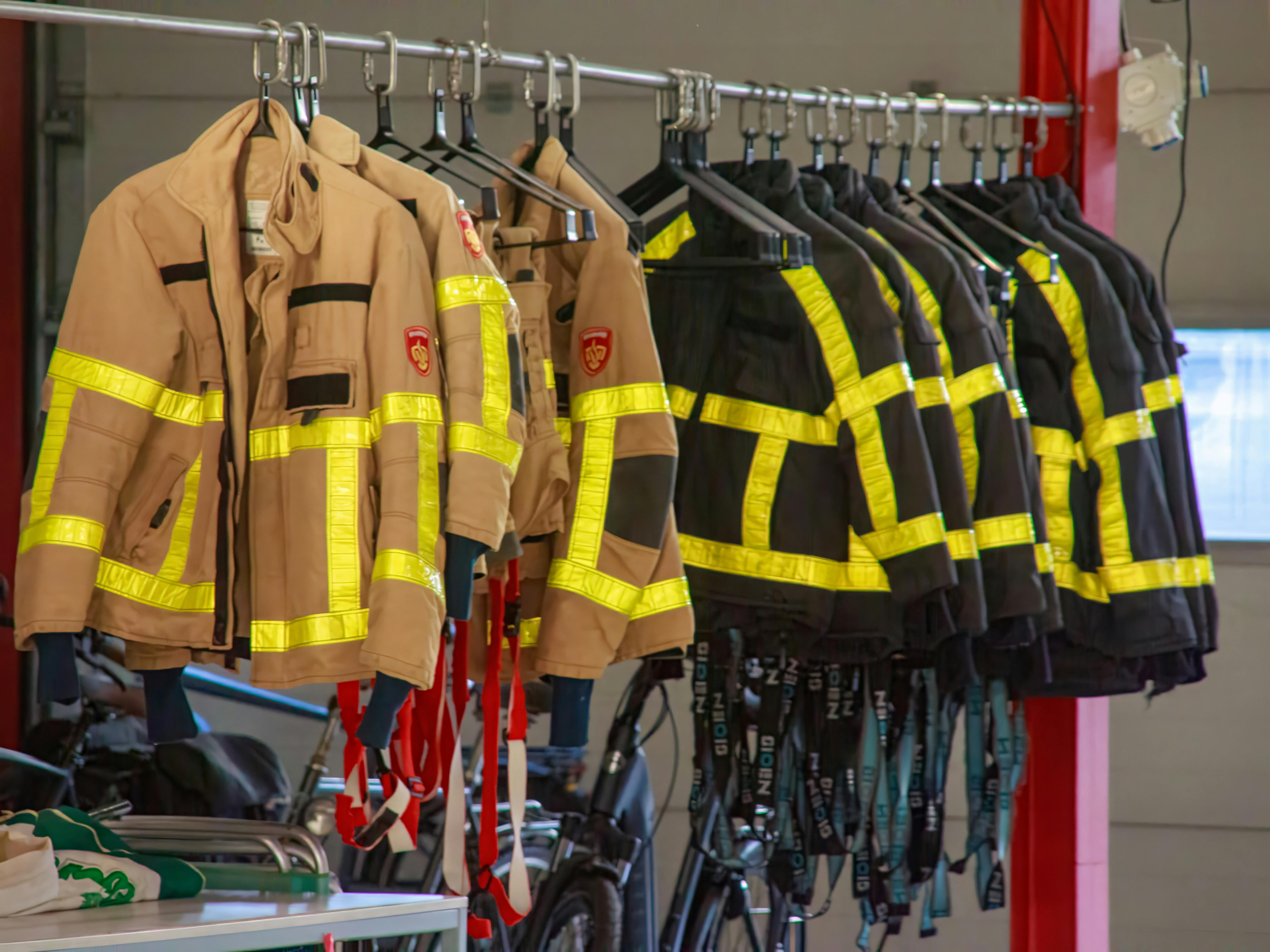
Welcome to AFA's new site! Development is ongoing and content will be added soon


Thank you! Your submission has been received!
Oops! Something went wrong while submitting the form.
Need some help? Contact us

Thank you! Your submission has been received!
Oops! Something went wrong while submitting the form.
Thank you! Your submission has been received!
Oops! Something went wrong while submitting the form.
.svg)
Edit Profile
Thank you! Your submission has been received!
Oops! Something went wrong while submitting the form.
Thank you! Your submission has been received!
Oops! Something went wrong while submitting the form.
Blog & resources




